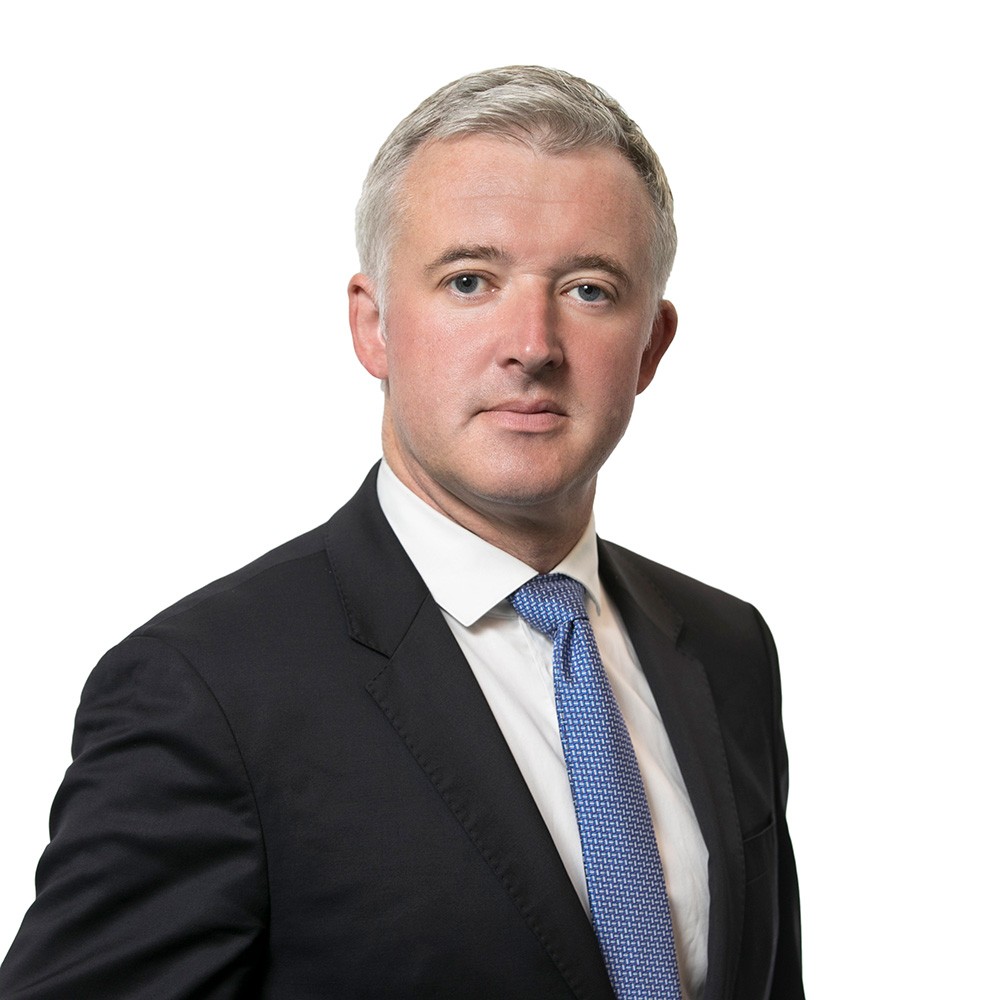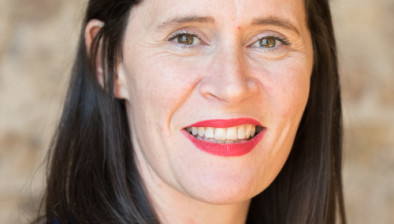Ireland still failing to identify trafficking victims

Liam Herrick
Ireland is still failing to identify all victims of trafficking despite improved detection and identification efforts by authorities, European authorities have been told.
The Irish Human Rights and Equality Commission, which is Ireland’s national rapporteur on the trafficking of human beings, said the 162 trafficking victims identified in 2022-24 — a 30 per cent increase over the 124 identified in 2019-21 — is likely still an underestimation.
The Commission also highlighted concerns over the highly inadequate provision of accommodation to victims of trafficking, including women and children, in its report to the fourth evaluation round of the Council of Europe’s Group of Experts on Action against Trafficking in Human Beings (GRETA).
Significant reforms to be introduced under the Criminal Law (Sexual Offences and Human Trafficking) Act 2024, including the introduction of a new national referral mechanism (NRM), have yet to come into effect.
The Commission has called for the operational guidelines for the NRM to be clear, comprehensive, consultative, and rights-based, and swiftly finalised and published.
It has also stressed the need for the new NRM and any policies and practices concerning human trafficking to reflect the increased obligations of the EU Anti-Trafficking Directive following amendments in 2024 which must be transposed by mid-2026.
The rights body has also raised concerns about the potential impact of the domestic implementation of the EU Pact on Migration and Asylum on people at risk and victims of trafficking.
It has particular concerns about the potential application of accelerated procedures to victims of trafficking and a screening procedure over a very truncated timeline.
It has also questioned the use of detention in any new system, which it says is completely unsuitable for victims of trafficking, especially children.
Chief commissioner Liam Herrick said: “Victims of trafficking are among the most vulnerable people in our society. They are not statistics. They are not administrative challenges. They are people, including young children, who have suffered the most egregious crimes against them.
“These victims are often hidden but should not be faceless. They are daughters, sons, parents and grandparents.
“Rather than exacerbate their distress through arduous examination and detention processes, or inappropriate accommodation, we have a duty to provide these victims with every support possible.
“We now need to continue to identify and fix the gaps in Ireland’s laws and practice in identifying and supporting victims, as well as prosecuting traffickers — that will spare future victims and send a clear signal that Ireland is serious about combatting this most heinous of crimes.”






